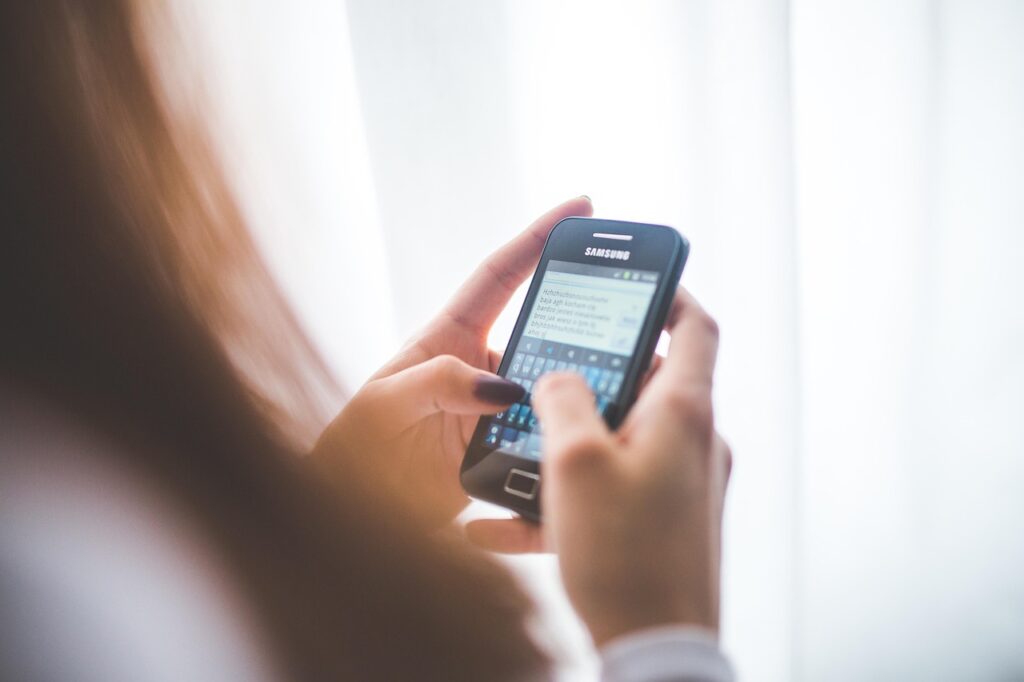Research Reveals That Using Phones at Night Disrupts Sleep

In today’s digital world, many unwind at night by scrolling social media, watching videos, or responding to late messages. However, researchers warn this habit may be more harmful than we realize. Studies show that blue light from smartphone screens, combined with addictive app designs, is disrupting human sleep patterns across generations.
The Science of Sleep Disruption
Sleep is regulated by the body’s internal clock, the circadian rhythm, which reacts to natural light and darkness. Exposure to artificial blue light from phones at night suppresses the release of melatonin, the hormone that signals the body to sleep.
A 2023 global sleep survey revealed that people using phones for over two hours at night are 40% more likely to experience insomnia than those who limit screen time before bed.
Beyond Restlessness
Late-night phone use affects more than just sleep quality. Chronic sleep deprivation is linked to numerous health issues, including cognitive decline, weakened immunity, and increased risk of mental health disorders.
Children and teenagers are especially vulnerable because their developing brains are more sensitive to sleep disturbances caused by screen exposure.
Why We Struggle to Put Phones Down
Psychologists note that apps are deliberately designed to be addictive. Features like infinite scrolling, notifications, and autoplay videos keep users hooked longer than intended. This leads to a cycle where people check their phones “one last time,” often extending into hours.
Simple Changes, Lasting Benefits
Experts suggest easy lifestyle tweaks to improve sleep quality:
- Limit screen use at least one hour before bedtime
- Use blue light filters or night mode on devices
- Establish a relaxing pre-sleep routine without screens
- Charge phones outside the bedroom
A Wake-Up Call
Technology itself isn’t harmful — smartphones connect us, entertain us, and simplify life. But without mindful use, they can quietly undermine our most vital health function: sleep. Experts warn that if habits don’t change, sleep deprivation could become one of the greatest silent health crises of our time.

Leave a Reply